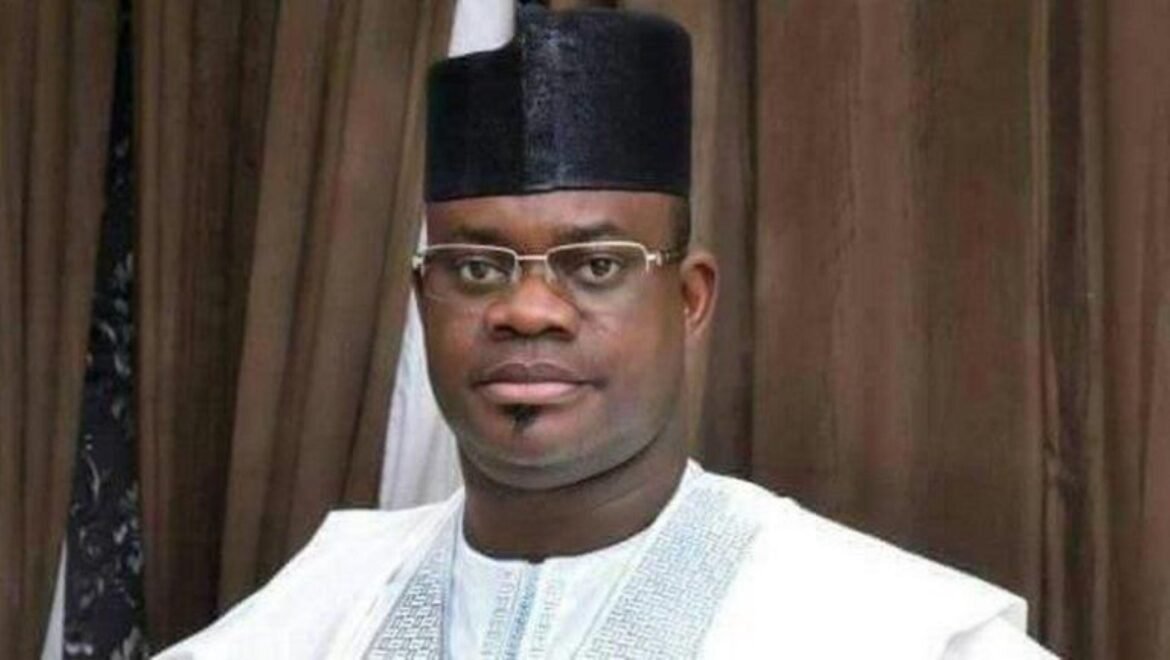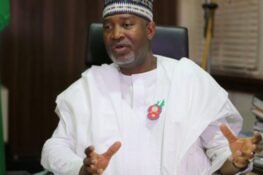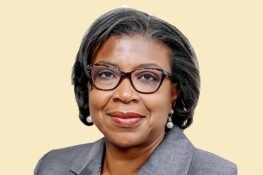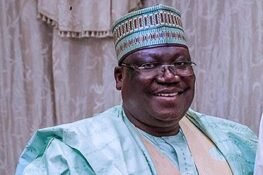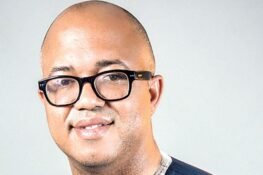The Kogi Government says it is raising it’s Internally Generated Revenue (IGR) base to N36 billion this year.
Mr. Asiwaju Idris, the state Commissioner for Finance, has disclosed this on Thursday in Lokoja.
He spoke at the Nigeria Union of Journalists (NUJ), Kogi Council’s Symposium on Bello’s seven years as governor of the state and the implications for future administrations.
Idris said that the APC-led administration was out to touch lives of Kogi residents, hence the drive and strive to generate substantial revenue that could pave way for infrastructural development.
“As a demonstration, we have been able to generate N3.3 billion in January and hope to keep the tempo for the good of the state.
“We have a strong political will to transform Kogi and will ensure every loophole in terms revenue generation is blocked so that we can hit the N36 billion target,” he said.
The commissioner said that the state has a sound and prudent financial management system and equally put measures in place to ensure that the welfare of workers was paramount.
He also disclosed that the government was working towards offsetting the three months backlog of workers salaries very soon.
Idris also said “we are also working toward clearing our N92 billion debt to pave way for our desired growth and development as a state”.
The commissioner who described Bello as a ‘silent achiever”, commended the governor for the achievements of his administration most especially in infrastructural development.
(NAN)
